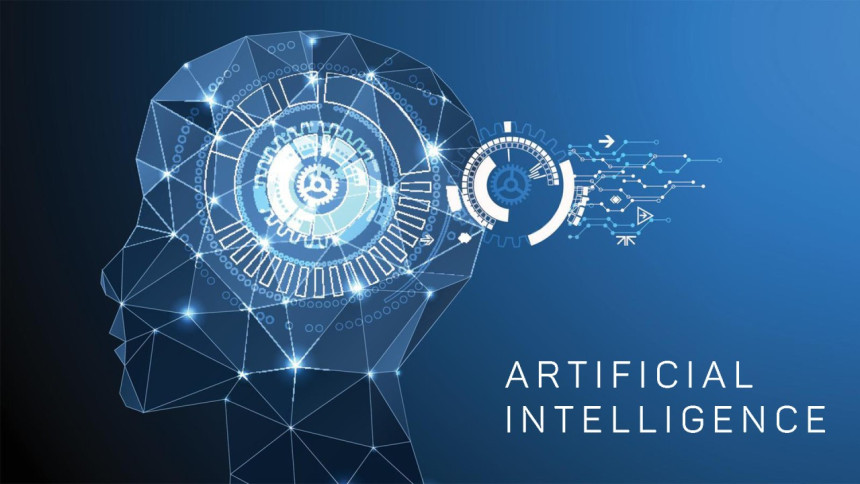
What is Artificial Intelligence?
Artificial Intelligence (AI) refers to the development of computer systems that can perform tasks that typically require human intelligence. These tasks can include learning, reasoning, problem-solving, perception, language understanding, and more. AI aims to create systems that can mimic cognitive functions and, in some cases, even surpass human capabilities.
Here are some key components and concepts related to artificial intelligence:
- Machine Learning: A subset of AI, machine learning involves training algorithms to learn patterns and make decisions based on data. This allows machines to improve their performance on a specific task over time.
- Deep Learning: Deep learning is a specialized form of machine learning that uses neural networks with many layers (hence the term "deep") to process and analyze data. It has been highly successful in tasks like image recognition and natural language processing.
- Natural Language Processing (NLP): NLP focuses on enabling machines to understand, interpret, and generate human language. This is used in applications like chatbots, language translation, and sentiment analysis.
- Computer Vision: Computer vision involves giving machines the ability to "see" and interpret visual information from the world, like identifying objects in images or videos.
- Robotics: AI is used in robotics to enable machines to perform tasks in the physical world, from simple actions like picking up objects to more complex activities like autonomous navigation.
- Autonomous Systems: These are systems that can operate and make decisions without human intervention. This includes self-driving cars, autonomous drones, and more.
- Expert Systems: These are AI systems designed to mimic the decision-making abilities of a human expert in a specific domain. They use rules and knowledge bases to make decisions.
- Reinforcement Learning: This is a type of machine learning where agents learn to make a series of decisions in an environment to achieve a goal, receiving feedback in the form of rewards or penalties.
- Ethical Considerations: AI raises important ethical questions, including issues related to bias, transparency, accountability, and the impact of automation on jobs and society.
- Applications of AI: AI is used in a wide range of applications including healthcare (diagnosis, drug discovery), finance (algorithmic trading, fraud detection), gaming (NPC behavior), recommendation systems (e.g., Netflix, Amazon), and more.
It's important to note that while AI has made tremendous advancements, it is not without limitations. For example, AI systems are often highly specialized and may not generalize well to tasks outside their specific training data. Additionally, ethical considerations and the responsible use of AI continue to be important topics of discussion and research.





